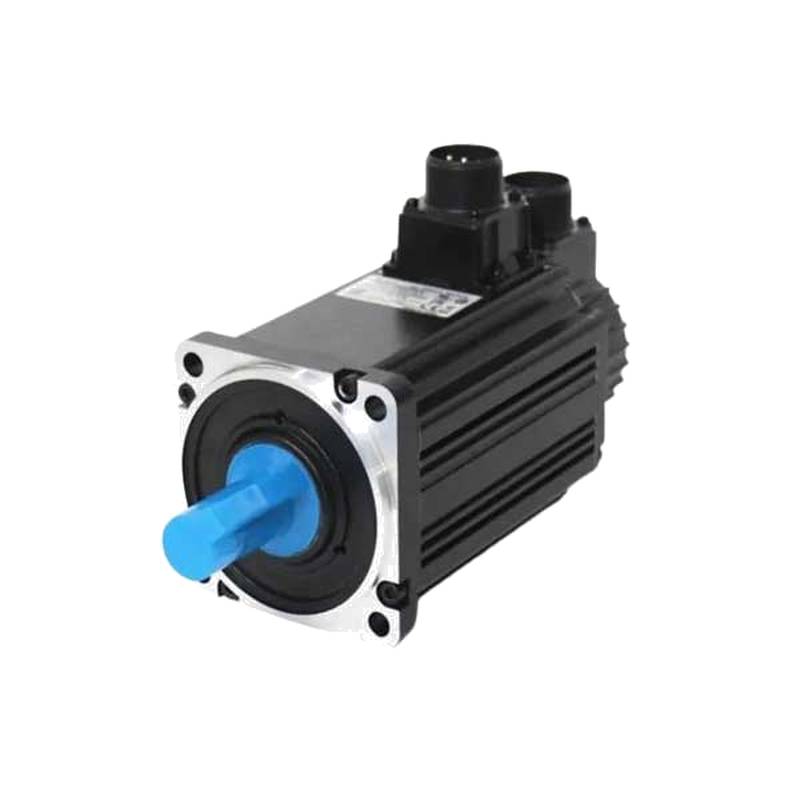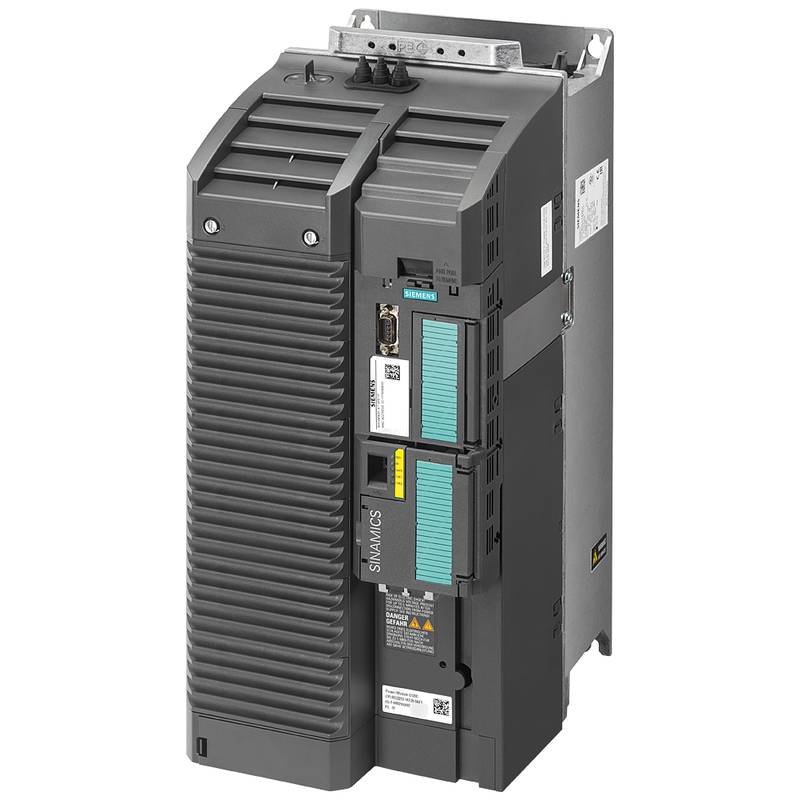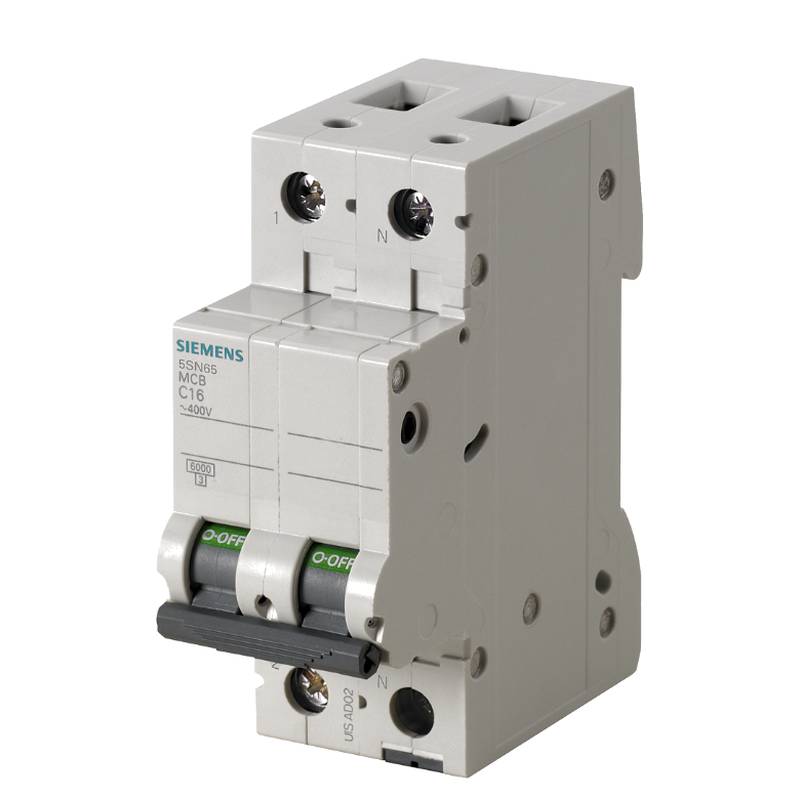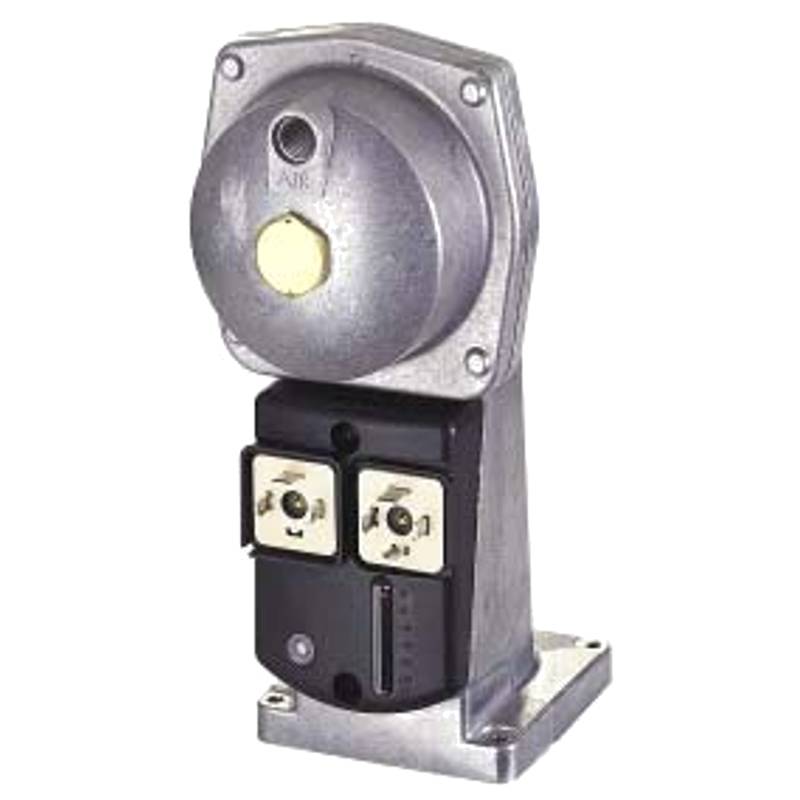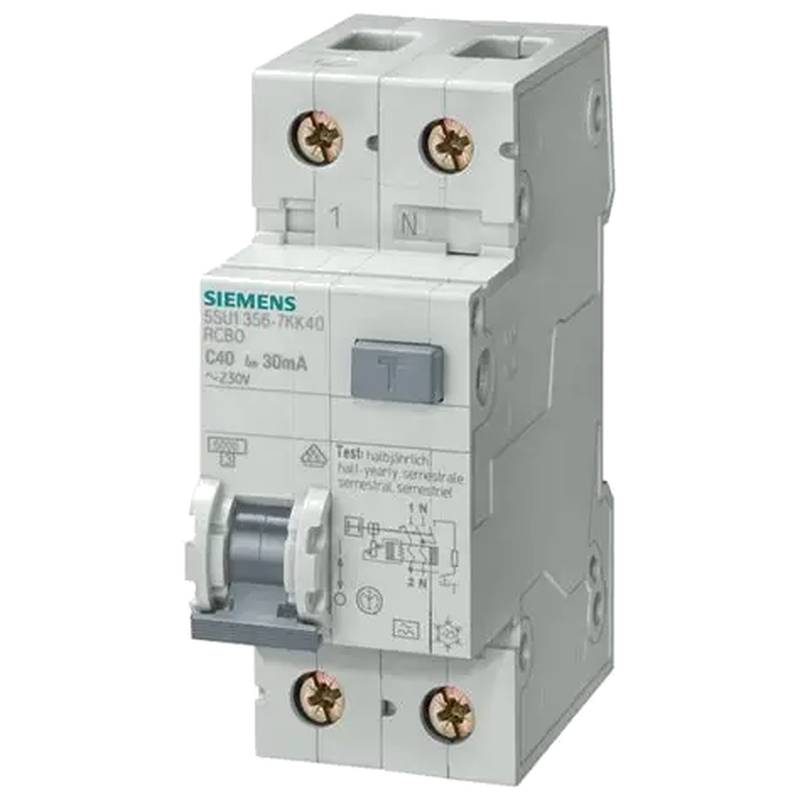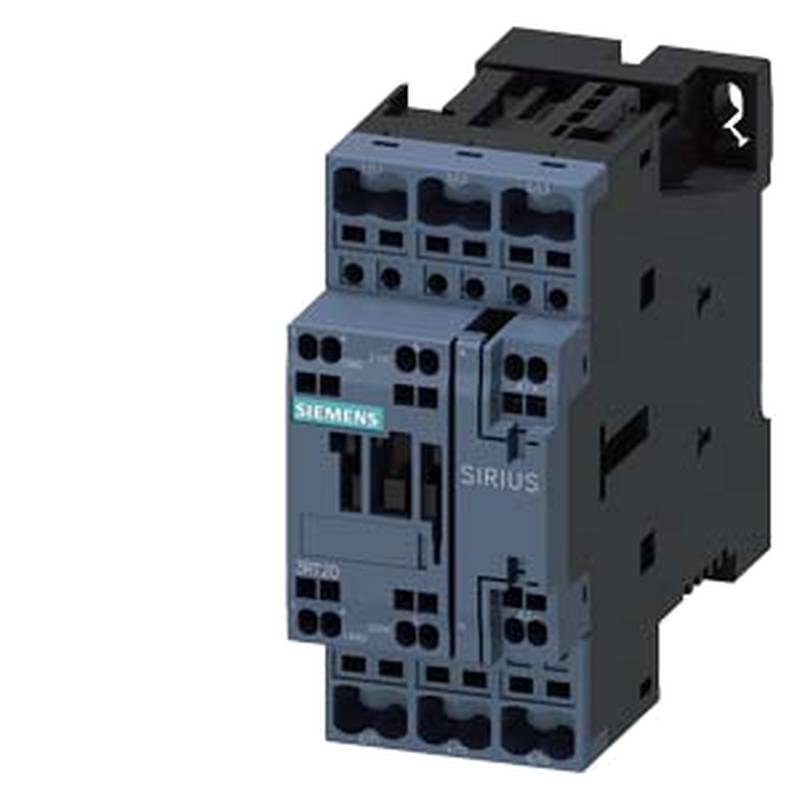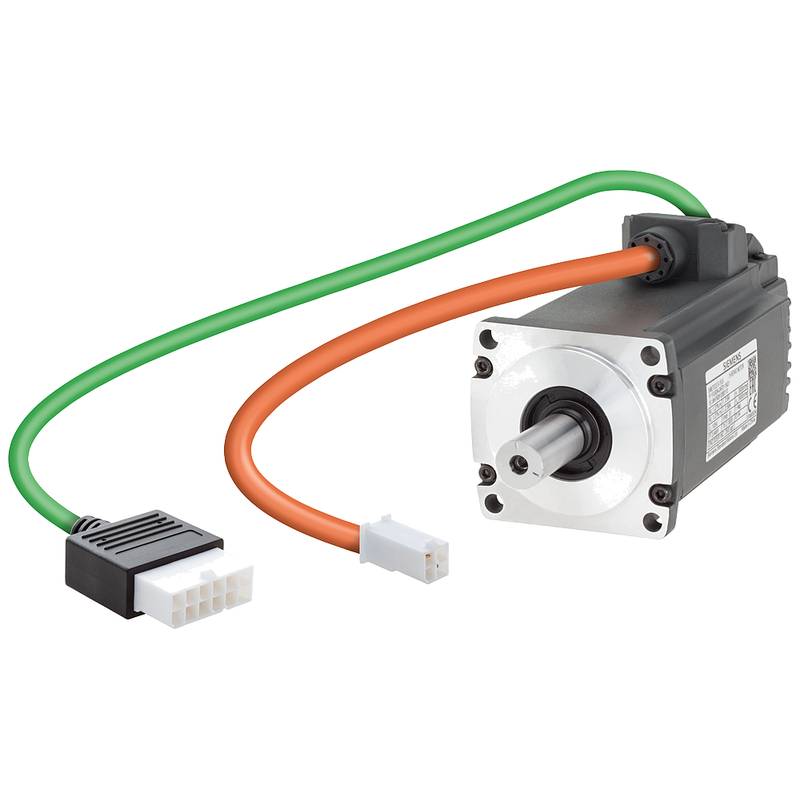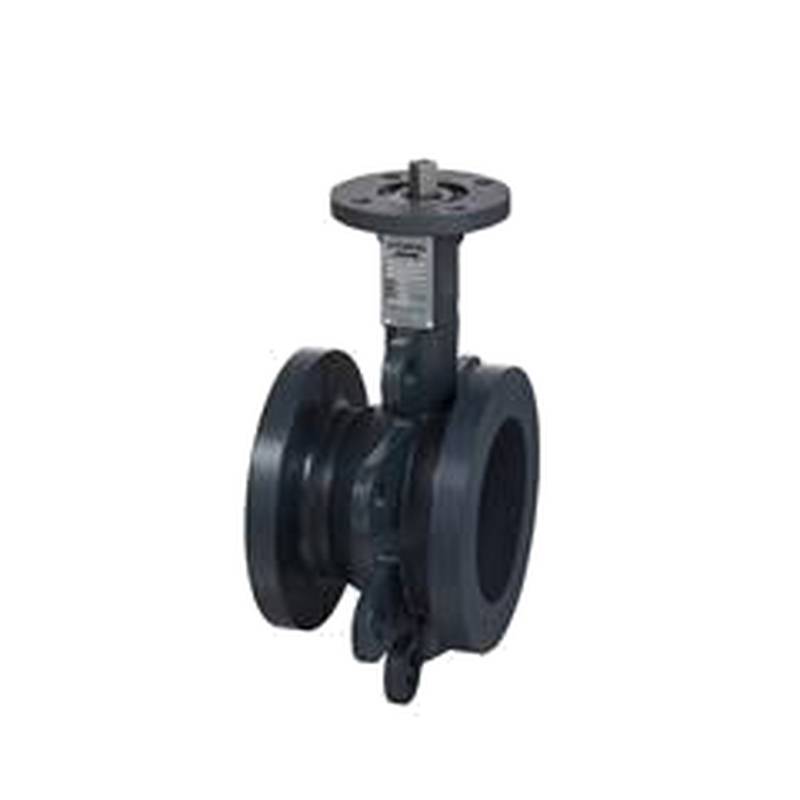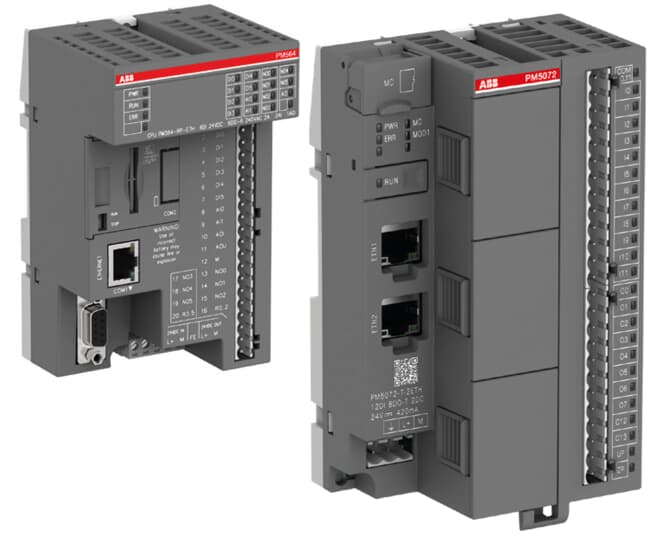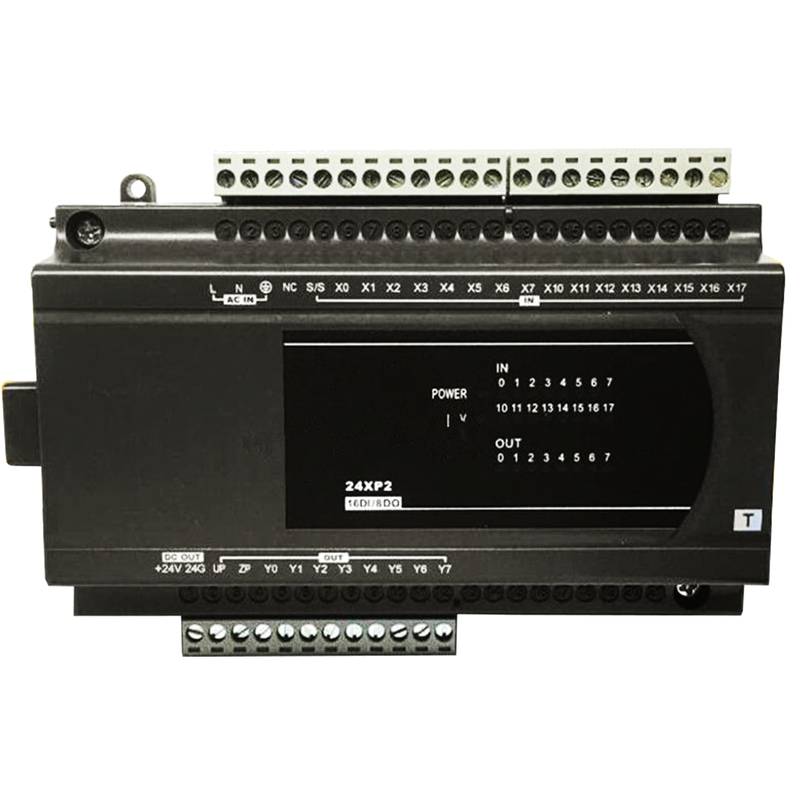
The Delta ECM-B3M-KA1310RS1 is a state-of-the-art AC servo motor designed for demanding industrial automation applications. As part of Delta's newest generation ASDA-B3 series, this motor offers exceptional precision, high tolerance, and stable operation, crucial for optimizing production efficiency and output value. Key advantages include its compatibility with the ASDA-B3 servo drive, enabling a highly efficient and user-friendly operation environment. The ECM-B3M-KA1310RS1 is a medium inertia motor, suitable for general mechanical equipment applications. It boasts a 1 kW rated power output and a rated torque of 4.77 N-m. With a maximum speed of 3000 RPM and a rated speed of 2000 RPM, it delivers robust performance for various automation tasks. The motor features a 24-bit encoder resolution for high accuracy feedback and operates on a 220 VAC power supply.
Product Specifications
| Feature | Specification |
| :-------------------- | :----------------------------- |
| Model | ECM-B3M-KA1310RS1 |
| Series | ASDA-B3 Series (ECM-B3M) |
| Type | AC Servo Motor |
| Rated Power | 1 kW |
| Rated Torque | 4.77 N-m |
| Rated Speed | 2000 RPM |
| Maximum Speed | 3000 RPM |
| Voltage | 220 VAC |
| Encoder Resolution | 24-bit |
| Motor Inertia | Medium Inertia |
| Brake | No Brake |
| Frame Size | 130 mm |
| Shaft Diameter | 22 mm (Standard) |
| IP Rating | IP65 (with water-resistant connectors and oil seal) |
| Insulation Class | Class B (CE) |
Core Features & Market Positioning
The Delta ECM-B3M-KA1310RS1 stands out in the industrial automation market due to its integration into Delta's ASDA-B3 servo system. This system is engineered for high tolerance and stable operation, offering precise motion control that directly translates to enhanced production efficiency and increased output value for businesses. Its positioning as a "newest generation" servo motor signifies advanced technology and performance capabilities designed to meet evolving industrial demands. The medium inertia design makes it versatile for a wide range of machinery, while the 24-bit encoder provides superior positional accuracy compared to lower-resolution options. This focus on precision and reliability makes the ECM-B3M-KA1310RS1 a competitive choice for applications requiring tight control and consistent performance.
Key Application Scenarios
The versatility of the Delta ECM-B3M-KA1310RS1 servo motor makes it suitable for a broad spectrum of industrial applications. Its medium inertia characteristics are ideal for general mechanical equipment where a balance of speed and torque is required. This includes applications in automated manufacturing, assembly lines, robotics, and material handling systems. For instance, it performs exceptionally well in injection molding machines, contributing to precise control over movements and cycles. It is also well-suited for packaging machinery, where accurate positioning and repeatable motion are critical for high-throughput operations. Furthermore, its integration capabilities with the ASDA-B3 drive system make it a strong candidate for CNC machinery and other automated production equipment demanding sophisticated motion control.
Practical System Integration Guidance
Integrating the Delta ECM-B3M-KA1310RS1 into an industrial system is streamlined due to its compatibility with the ASDA-B3 servo drive. This pairing simplifies wiring and setup, especially when utilizing advanced communication protocols like EtherCAT, which significantly reduces cabling complexity and inspection time for multi-axis control. For system designers, ensuring proper power supply connection (220 VAC) and selecting the appropriate communication interface are paramount. While specific wiring diagrams are best sourced from the official Delta ASDA-B3 series documentation, the general principle involves connecting the motor phases to the drive outputs and the encoder feedback to the designated drive input. Proper grounding and shielding are essential to prevent electromagnetic interference and ensure signal integrity. Commissioning typically involves auto-tuning functions within the ASDA-B3 drive, which optimize motor parameters for the specific mechanical load, thereby enhancing performance and responsiveness.
Operation and Risk Mitigation
Safe and efficient operation of the Delta ECM-B3M-KA1310RS1 requires adherence to standard industrial safety protocols. Users must ensure that the servo drive is correctly configured and that all safety interlocks are functional before energizing the system. Overloading the motor beyond its rated torque of 4.77 N-m can lead to overheating and premature failure; therefore, application load analysis is critical during the design phase. While specific fault codes are detailed in the ASDA-B3 series manual, common issues can include encoder signal loss, overcurrent conditions, or drive communication errors. Addressing these typically involves checking connections, verifying drive parameters, and ensuring the motor is free to move without mechanical binding. Regular maintenance, including checking for excessive vibration or unusual noise, can help mitigate operational risks and prolong the motor's service life.
Scalability & Long-Term Value
The Delta ECM-B3M-KA1310RS1 offers significant long-term value through its integration within the broader Delta automation ecosystem. The ASDA-B3 series is designed for compatibility with previous Delta servo generations like the ASDA-A2 and ASDA-A3 series, providing a degree of backward compatibility for upgrades or expansions. This compatibility allows for phased system enhancements, protecting existing investments. Furthermore, the advanced capabilities of the ASDA-B3 drive, including high-speed communication protocols like EtherCAT, position systems equipped with this motor for future integration with Industrial Internet of Things (IIoT) platforms and smart manufacturing initiatives. The ability to connect numerous axes and remote I/O modules via a single wiring infrastructure supports scalable solutions, allowing businesses to adapt and grow their automation capabilities efficiently.
Frequently Asked Questions (FAQs)
What is the primary function of the Delta ECM-B3M-KA1310RS1 servo motor?
This servo motor is engineered for precise motion control in industrial automation. It provides accurate positioning and speed regulation for machinery. Its robust design ensures reliability in demanding manufacturing environments.
The ECM-B3M-KA1310RS1 motor is a key component in automated systems. It enables complex movements required for robotics, assembly lines, and packaging. Its performance is critical for optimizing production efficiency.
It is designed to work seamlessly with Delta's ASDA-B3 servo drives. This synergy allows for integrated system solutions. It supports advanced control features for enhanced automation.
What are the key technical specifications of the Delta ECM-B3M-KA1310RS1?
The motor features a 1 kW rated power output. It delivers a rated torque of 4.77 N-m. Its rated speed is 2000 RPM, with a maximum speed of 3000 RPM.
It operates on a 220 VAC power supply. The encoder provides a high-resolution 24-bit feedback signal. This ensures exceptional positional accuracy.
The ECM-B3M-KA1310RS1 is classified as a medium inertia motor. This makes it suitable for general-purpose automation tasks. It does not come with a brake.
What are the common applications for this servo motor?
This motor is ideal for general mechanical equipment. Applications include automated manufacturing and assembly lines. It is also used in robotics and material handling.
It performs well in packaging machinery. Accurate positioning is crucial for high-throughput operations. It is also suitable for CNC machines and other production equipment.
The medium inertia design balances speed and torque needs. This versatility makes it a robust choice for diverse industrial settings.
How does the encoder resolution impact performance?
A 24-bit encoder resolution offers extremely precise feedback. This allows for very fine positional control. It minimizes positioning errors, enhancing overall accuracy.
Higher resolution enables smoother motor operation. It helps in reducing vibration and noise. This leads to more stable and consistent performance in motion control applications.
The advanced feedback from the 24-bit encoder is vital. It supports complex motion profiles and tight tolerances. This is essential for high-precision manufacturing processes.
What is the significance of the medium inertia rating?
Medium inertia motors offer a balance of torque and speed. They are suitable for a wide range of general automation tasks. This makes them highly versatile for various machinery.
Compared to low inertia motors, they provide more torque. They are less suited for extremely high-speed, rapid acceleration applications. However, they excel in stability and consistency.
This classification makes the ECM-B3M-KA1310RS1 a practical choice. It fits well in applications like conveyor systems and robotic arms performing moderate speed tasks.
Can this motor be used in high-speed applications?
While rated for 2000 RPM and capable of 3000 RPM, it is a medium inertia motor. High-speed applications requiring very rapid acceleration might benefit from low inertia models. However, its speed is adequate for many demanding tasks.
The motor's performance in high-speed scenarios depends on the application's load. For processes demanding sustained high speeds with moderate acceleration, it performs well. Consult specific application requirements.
Delta offers low inertia servo motors (ECM-B3L series) for applications prioritizing extreme speed and responsiveness. This choice depends on the exact performance envelope needed.
What are the advantages of using Delta ASDA-B3 series components?
The ASDA-B3 series offers high tolerance and stable operation. This leads to increased production efficiency and output value. It provides a user-friendly control environment.
Integration with ASDA-B3 drives simplifies system design. Features like EtherCAT communication reduce wiring complexity. This lowers installation and maintenance costs.
Delta's servo systems are known for their reliability. They offer precise motion control crucial for modern automation. This ensures consistent product quality and operational uptime.
How is the Delta ECM-B3M-KA1310RS1 integrated into a system?
Integration typically involves connecting the motor to an ASDA-B3 servo drive. Proper power and encoder feedback connections are essential. Ensure correct wiring to prevent damage.
System commissioning usually includes auto-tuning. This process optimizes motor parameters for the load. It ensures peak performance and responsiveness.
Refer to the ASDA-B3 series manual for detailed wiring and configuration. Following these guidelines ensures a robust and efficient system integration.
What maintenance is recommended for this servo motor?
Regular visual inspections are crucial. Check for any signs of physical damage or wear. Ensure connections are secure and free from corrosion.
Listen for any unusual noises or vibrations during operation. These can indicate bearing wear or mechanical issues. Address any anomalies promptly to prevent further damage.
Keep the motor clean and ensure proper ventilation. Avoid operating in excessively dusty or humid environments unless the IP rating is sufficient. Consult the manual for specific lubrication or maintenance schedules.
What makes this motor suitable for industrial automation?
Its precision and reliability are key for automation. The 24-bit encoder ensures accurate movements for repetitive tasks. Its compatibility with advanced drive systems enhances control capabilities.
The motor's robust construction withstands industrial environments. It offers stable performance crucial for continuous operation. This reduces downtime and increases productivity.
Delta's commitment to quality in their automation products is evident. The ECM-B3M-KA1310RS1 embodies this with its performance and durability. It supports smart manufacturing initiatives.














